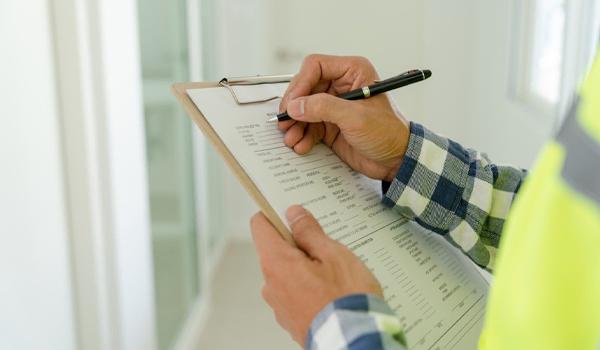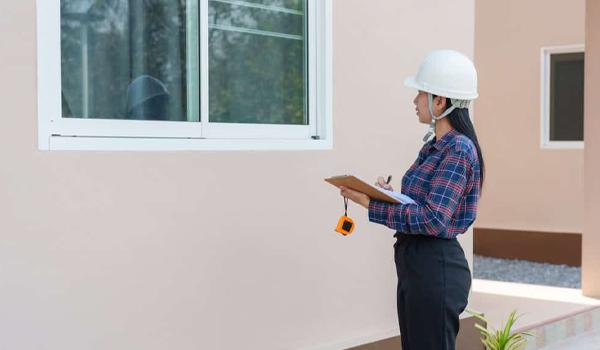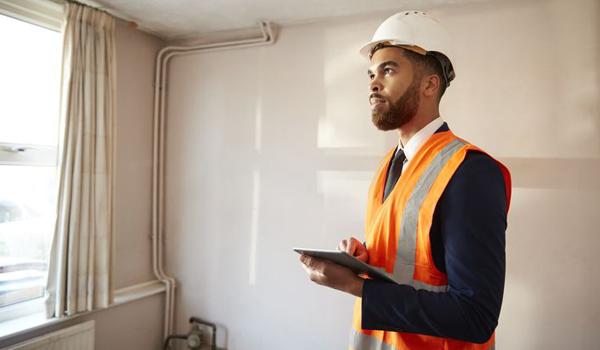Pros and Cons of Buying a Foreclosed Home

While most buyers chase overpriced listings, savvy investors are enjoying 20-40% discounts through buying foreclosed homes. Could your dream house be hiding in Canada’s ‘power of sale’ market?
To find the answer, let’s review the pros and cons of buying a foreclosed home and the process that might await you.
What Is a Foreclosure?
Foreclosure is the legal process where a lender takes possession of a property because the borrower couldn’t meet their mortgage payment obligations.
Foreclosures are less common in Canada and vary in each province, but typically involve a series of steps resulting in selling the house to recover the balance of a loan.
Types of Foreclosure in Canada
The two main types of foreclosure processes in Canada are:
- Judicial Sale: When lenders petition the court for permission to sell the property. This type is common in British Columbia, Quebec, Alberta, Saskatchewan, and Nova Scotia. Interested in this type? Check out this video on buying court-ordered foreclosures.
- Power of Sale (Non-Judicial): When lenders have the legal right to sell the property without the court being involved, common in Newfoundland, Ontario, P.E.I, and New Brunswick.
Other types of foreclosure include strict, bank auction, and bank-owned.
Benefits of Buying a Foreclosed Home
Buying foreclosed homes offers several advantages including:
- Lower Purchase Price: Foreclosed homes are often sold below their market value. For example, in Alberta, buyers can generally save upwards of 20% by purchasing a foreclosure property, although the price difference depends on the home's size, location, and condition.
- Motivated Sellers: Through the process of buying a foreclosed home, you’ll see lenders who prefer selling quickly to recover their costs, which may include the unpaid loan balance, outstanding property taxes, or transaction costs.
- Investment Opportunities: Foreclosed homes often need repairs or updates. This is a drawback, but savvy buyers can purchase a property at a lower price and renovate it for resale or rental. If that’s your goal too, estimate the costs accurately to avoid losses.
- Bargaining Power: You may have more leverage, especially if the house’s been listed for a while. Banks aren’t in the business of owning property; they prefer to make concessions to sell a foreclosure quickly compared to sellers. This can result in better deals for the buyer.
Risks of Buying a Foreclosed Home
When weighing the pros and cons of buying a foreclosed home, it’s crucial to assess such risks:
- High Competition: If the house is in a good neighborhood, it probably doesn’t have a low price at all and could be sold very quickly.
- Hidden Issues: Foreclosed houses are often sold as-is, and buyers may find their condition far from desirable. Thorough inspections help understand the scope of necessary repairs and additional costs.
- Limited History and Disclosure: Unlike traditional real estate deals, buying a foreclosed home comes with limited information about its history. Previous owners may not fully disclose the property’s condition or damages.
- Financing Challenges: These restrictions include strict requirements from lenders, higher interest rates, or shorter loan terms. Explore financing options in advance and be prepared for possible limitations in securing the mortgage.
- Title Issues and Liens: Foreclosed properties may have title issues, such as unclear or multiple ownership or unresolved liens. Although time-consuming, don’t proceed without a thorough title search.
- Additional Costs: One of the things to know when buying a foreclosed home is that there may be other costs such as land transfer tax, property tax, and homeowner association fees.
Steps to Buying a Foreclosed Home
Here are the necessary steps involved in the process
1. Explore Listings
Check local auction listings and public auctions. You can also contact real estate agents in your desired area. In the meantime, you might want to understand how auctions work and develop a bidding strategy.
2. Set a Budget
Decide how much you can afford and are willing to invest. Consider additional expenses like closing costs, land transfer tax, inspection fees, appraisal fees, repairs, renovations, permit costs, etc.
Don’t forget to talk to your realtor about your debt-to-income ratio; higher ratios may affect mortgage approval.
3: Get Pre-Approved for a Mortgage
Prepare necessary documents like T4s, pay stubs, employment letter, Notice of Assessment (NOA), and other proof of income. Maintain a good credit score to increase your chances of mortgage approval.
4. Property Inspection and Appraisal
Since buying a foreclosed home usually means buying a home as-is, it’s important to have the property inspected and appraised to assess the property's real condition and value.
5. Submit an Offer/Bid
Submit an offer or participate in an auction with the help of your real estate agent, based on the reports from step 4. Negotiate the closing date and any seller concessions.
Frequently Asked Questions
What's the difference between short sales vs. buying a foreclosed home?
Foreclosed homes are lender-controlled sales after mortgage default which are usually priced to sell quickly. Short sales require homeowner/lender agreement to sell below the mortgage balance, involving long negotiations and lender approval.
Are foreclosed homes cheaper in Canada?
Yes, but not necessarily; especially in hot markets and when the house is located in desirable areas.
What is the cheapest way to buy a foreclosed home?
Consider buying foreclosed homes at auction, but you’ll probably need to make an all-cash offer or have pre-arranged financing. Make sure to schedule an in-depth inspection to have a realistic idea of the property condition too.
How to buy foreclosed homes from banks?
The steps roughly remain the same. The important difference is that the banks are in no hurry to sell.
How to buy foreclosed homes with no money?
Alternative financing sources include loan assumptions, hard money lenders, or partnerships with investors.
The Bottom Line
The foreclosure market offers notable savings compared to traditional sales. But there’s always a chance to face poor property conditions and financing challenges. Understanding these nuances and doing your homework is crucial to making a sound investment.
- In this post:
- What Is a Foreclosure?
- Benefits of Buying a Foreclosed Home
- Risks of Buying a Foreclosed Home
- Steps to Buying a Foreclosed Home
- Frequently Asked Questions
- The Bottom Line



